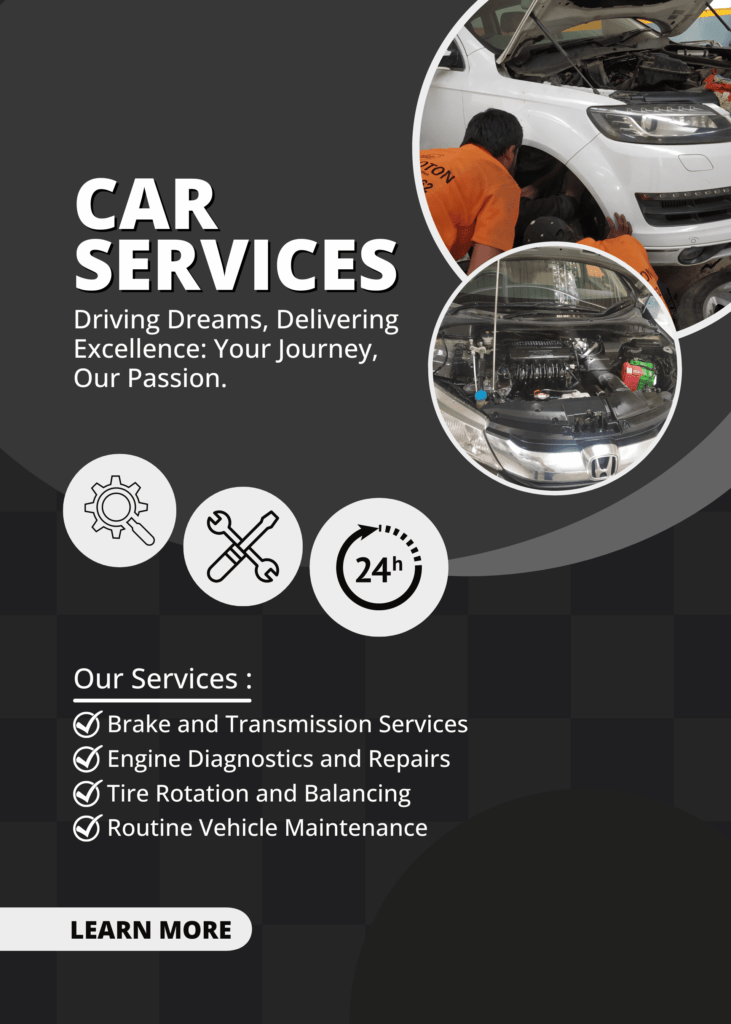Renault India’s recent announcement regarding the introduction of strong-hybrid powertrains in its upcoming vehicle lineup reflects a strategic move toward offering more eco-friendly and efficient options for the Indian automotive market. This initiative, coupled with the company’s focus on electric vehicles (EVs), underscores its commitment to cleaner mobility solutions.

Strong Hybrid By Renault
The incorporation of strong-hybrid technology is particularly noteworthy, as it combines internal combustion engines (ICE) with electric motors to deliver enhanced fuel efficiency and reduced emissions, aligning well with India’s evolving environmental regulations and growing sustainability concerns. Renault’s E-Tech range, featuring powertrains like the 145hp and 160hp variants, leverages cutting-edge technology inspired by the brand’s Formula 1 program. These powertrains boast over 160 patents, showcasing Renault’s dedication to innovation in the hybrid domain.
The E-Tech system employs a unique blend of series and parallel architecture, allowing for seamless transitions between electric and hybrid modes. The 145hp version includes a 49hp electric motor and a 24hp high-voltage starter generator, complementing a 4-cylinder, 1.6-liter, 94hp petrol engine. This configuration offers a balanced fusion of performance and efficiency, with the potential to achieve an impressive 24 kilometers per liter (kpl) under normal driving conditions.
Furthermore, Renault’s 160hp E-Tech variant, designed as a plug-in hybrid, demonstrates the brand’s anticipation of future mobility needs. This model, poised for potential applications in upcoming vehicles like the Duster or Bigster slated for 2025, incorporates a larger 9.8-kilowatt-hour (kWh) battery and dual electric motors, alongside a 1.6-liter four-cylinder engine. Notably, certain iterations of this hybrid engine employ an efficient Atkinson cycle to minimize fuel consumption.
While Renault’s push toward hybridization is commendable, the market’s reception of plug-in hybrids in India might hinge on factors such as initial costs and the potential availability of tax incentives. As the Indian automotive landscape evolves, automakers like Renault are crucial players in driving sustainable transportation solutions. The brand’s emphasis on localizing hybrid powertrain production underscores its commitment to competitiveness and accessibility for Indian consumers.
As the automotive industry adapts to global emissions standards and consumer preferences for cleaner transportation options, Renault’s exploration of strong-hybrid technology aligns with the broader industry trend. While strong hybrids do not offer the all-electric experience of EVs, their hybrid nature presents a viable bridge toward reduced emissions and heightened fuel efficiency, offering a significant step toward a greener automotive future.


